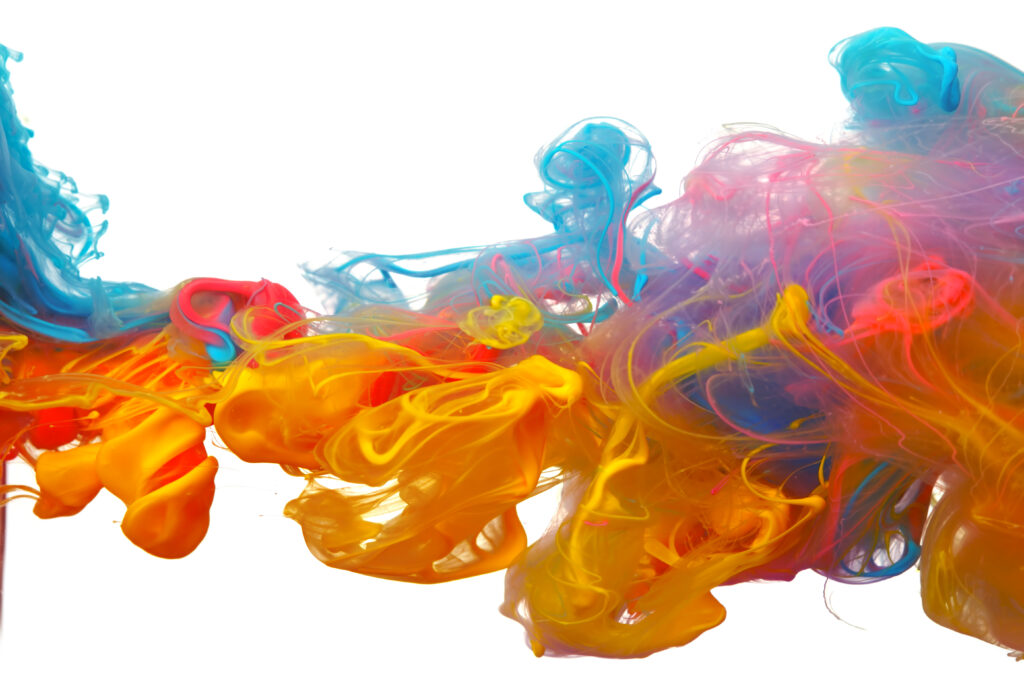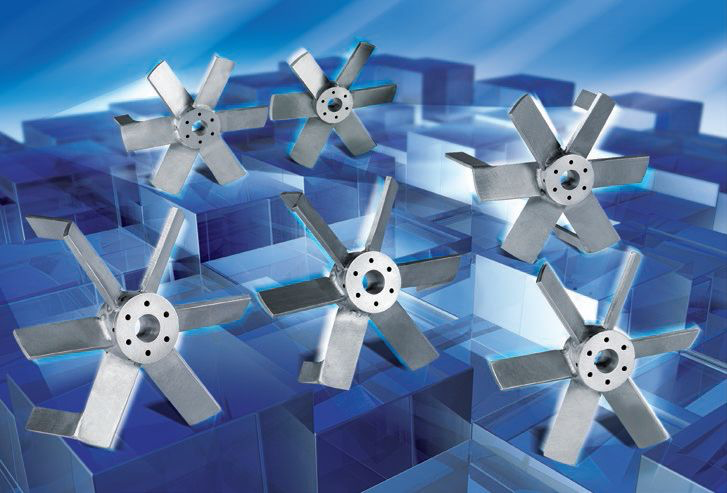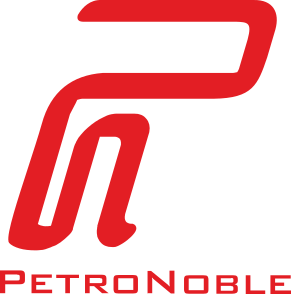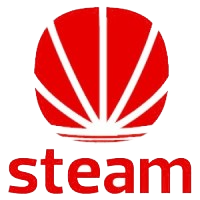A Pittaluga Static Mixer is a device able to mix in-line every fluid that can be pumped through a pipe or a duct. It divides and recombines the streams passing through itself in a geometrically well defined way.
Where does it take the required energy from? Why does it take less energy compared to a dynamic mixer?
It takes the needed energy for mixing from the pumps that are moving the fluids to be mixed, by means of a little pressure drop.
The energy input is about TEN TIMES LESS than a dynamic mixer.
Our Mixers follow a geometrical principle: dissipation of energy is uniform on the entire cross section, compared to dynamic units that are more efficient close to the impellers and less outside this volume: consequently leading to the necessity to overmix.



































